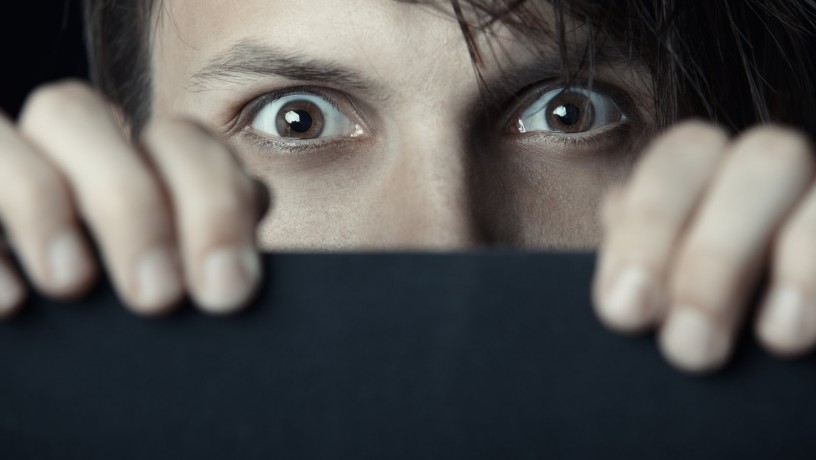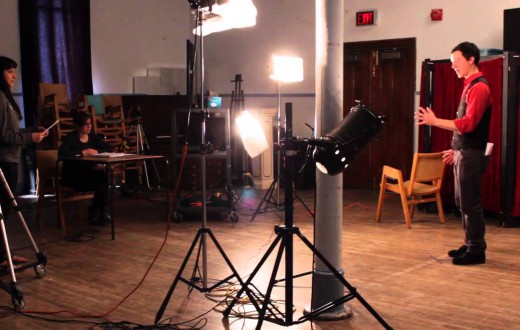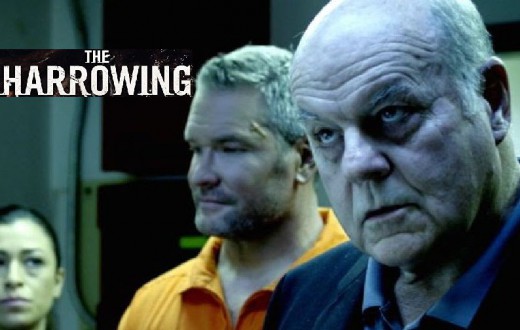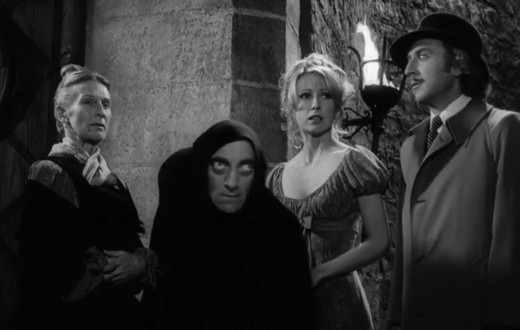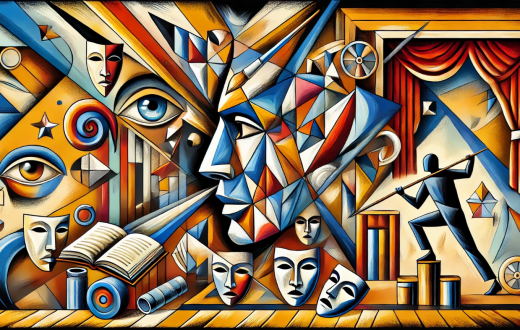It is no secret that the life of an actor can be filled with procrastination, anxiety, fear and regret.
One of the most difficult things about being an actor is dealing with these feelings. Fear can be paralyzing and prevent you from even auditioning for roles. Anxiety can cause you to second-guess your choices and wonder if you’re good enough. Regret can haunt you if you didn’t get a role or didn’t take a risk. And procrastination can keep you from taking the necessary steps to further your career.
But what is the psychology behind these emotions?
Psychology is critical to understanding human behavior. It can explain why we act the way we do and how to change our behavior. In this article, we will explore the psychology behind procrastination, anxiety, fear, and regret for actors. We will see how these psychological concepts can help actors understand their behavior and make better choices.
PROCRASTINATION
Actors are often lauded for their ability to completely immerse themselves in a role. They become the character they are playing, with all of the associated mannerisms and emotions. This level of commitment is admirable, but it also requires a great deal of focus and concentration. So what happens when an actor is suddenly faced with an extended period of downtime between projects?
For many actors, the answer is simple: they procrastinate.
The psychology behind this behavior is interesting. Procrastination is often seen as a negative trait, but it can actually be beneficial in certain situations. When an actor has some time off, they may feel like they need to take advantage of every minute and make the most of it. However, this can lead to feelings of anxiety and stress.
Tips to overcome procrastination:
- Make a plan
- Set small goals
- Put it in perspective
- Reward yourself
Bonus Read: Top 10 Most Famous Procrastinators in the World includes the Dalai Lama, Bill Clinton, Leonardo Di Vinci and Margaret Atwood.
Anxiety disorders are the most common mental illness in the U.S., affecting 40 million adults. That’s 18% of the population. Anxiety disorders are also the most common mental illness among actors. So what is it about this profession that makes people so prone to anxiety?
There are a few theories. One is that anxiety is simply a byproduct of success. When you’re constantly in the public eye and your livelihood depends on your popularity, it’s natural to worry about things like being liked or getting good reviews.
Another theory is that acting itself can trigger anxiety. Many actors have to deal with intense emotions on a daily basis, which can be draining both mentally and physically. And since acting often requires you to put yourself in uncomfortable or dangerous situations, it’s not surprising that some people would start to feel anxious about it.
Tips to overcome anxiety:
- Identify your triggers
- Avoidance is not the answer
- Understand your anxiety
- Challenge your thinking
- Relaxation techniques
- Seek professional help
Bonus Read: Stars Who Have Opened Up About Dealing With Anxiety includes Ryan Reynolds, Lena Dunham, Ariana Grande, Chrissy Teigen, John Green, Emma Stone and Hugh Grant.
FEAR
When it comes to fear, actors are experts. They know how to tap into our deepest fears and play on them for the sake of entertainment. But what is the psychology behind fear? How do actors use our own fears against us?
According to Dr. Katherine Ramsland, author of Psychology of Fear, there are three main types of fear: primal, social, and self-preservation. Primal fear is our most basic instinct, and it is hardwired into our brains. It is the fear of things that can cause us physical harm, like snakes or heights. Social fear is the fear of things that can cause us embarrassment or shame, like public speaking or rejection. Self-preservation fear is the fear of things that can threaten our safety or security, like crime or accidents.
Actors know how to exploit all three types of fear.
Tips to overcome fear:
- Stop being afraid of failure
- Face your fears
- Control your fear
- Use fear to your advantage
- Take small steps
- Build up your confidence
- Find your support system
Bonus Read: 10 Actors Who Have Weird Fears and Phobias includes Scarlett Johansson, Robert Pattinson, Oprah Winfrey, Nicole Kidman, Helen Mirren, Tyra Banks, Channing Tatum and Christina Ricci.
Why do people regret? Is it the fear of what could have been? The what ifs that plague our minds? Or is it something deeper, more psychological?
According to a recent study, there are three main types of regret: self-blame, other-blame, and no-blame. Self-blame regrets are when we blame ourselves for something bad that happened. Other-blame regrets are when we blame someone else for something bad that happened. And no-blame regrets are when we don’t blame anyone at all, we just regret the outcome.
So why do we have these different types of regret? The study found that self-blame and other-blame regrets are usually caused by a lack of control. We feel like we could have done something to prevent the bad outcome if only we had made a different choice.
The psychology of anxiety, fear and regret is an important topic for actors to consider. By understanding these concepts, you can better prepare yourself for the challenges you may face on and off the stage and screen. With this knowledge, you can also find ways to overcome your fears and anxieties and ultimately become more successful in your careers.
Tips to overcome regret:
- Stop dwelling on the past
- Make peace with your mistakes
- Let go of what’s holding you back
- Use your regrets as motivation
- Become a better person because of your regrets
Bonus Read: 27 Actors Who Have Major Regrets About Certain Roles They’ve Played includes Sandra Bullock, Gwyneth Paltrow, Zoe Saldaña, John Boyega, Jennette McCurdy, Halle Berry, Blake Lively, Evangeline Lilly, Viola Davis, Zac Efron and Christian Bale.
Actors must deal with fear, anxiety and regret on a regular basis. You have to be able to control these emotions in order to give a successful performance. While it is not always easy, it is something that you have to learn to do.
Here’s how I overcome all of the above — I pretend I’m a character that doesn’t have fear, anxiety, regret and who doesn’t procrastinate. So I’m literally playing a character that rolls over into real life. If I can do it… you know the rest 

